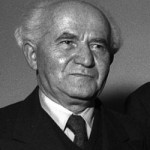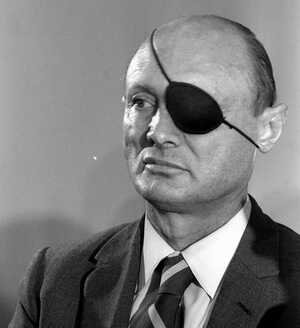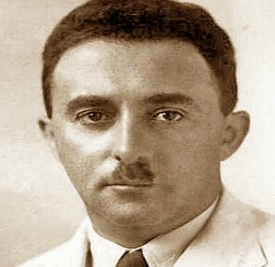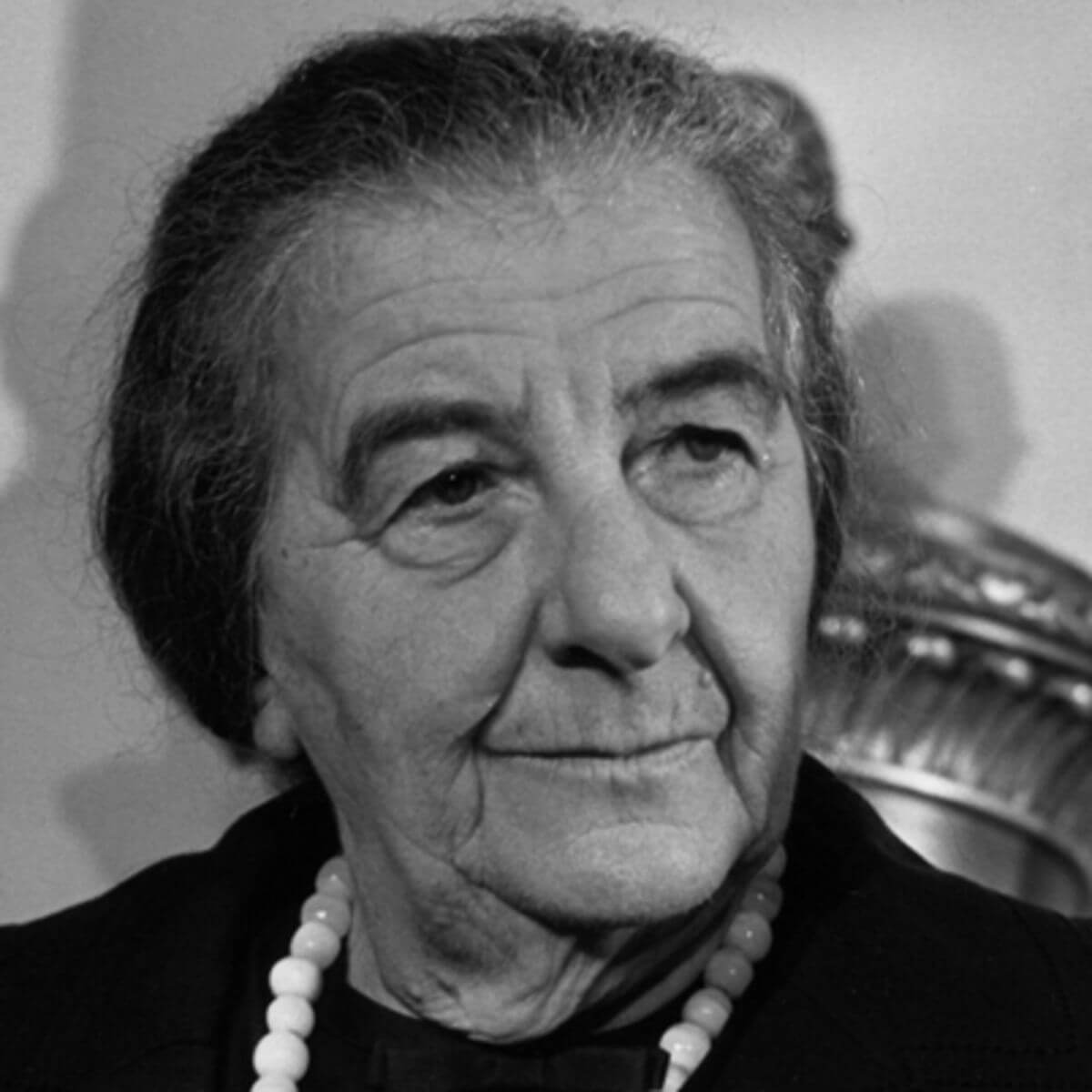ב.1 | Files on Ethiopian Jewry in the ISA
Please note that, due to the recent cyber attack on the Israel State Archives website, the files used in this publication can only be viewed using the Pinpoint tool.
We have collected the files in this link:
https://journaliststudio.google.com/pinpoint/search?collection=2469db2848a9276b
For additional questions, please send an email to PublicInquiries@archives.gov.il




